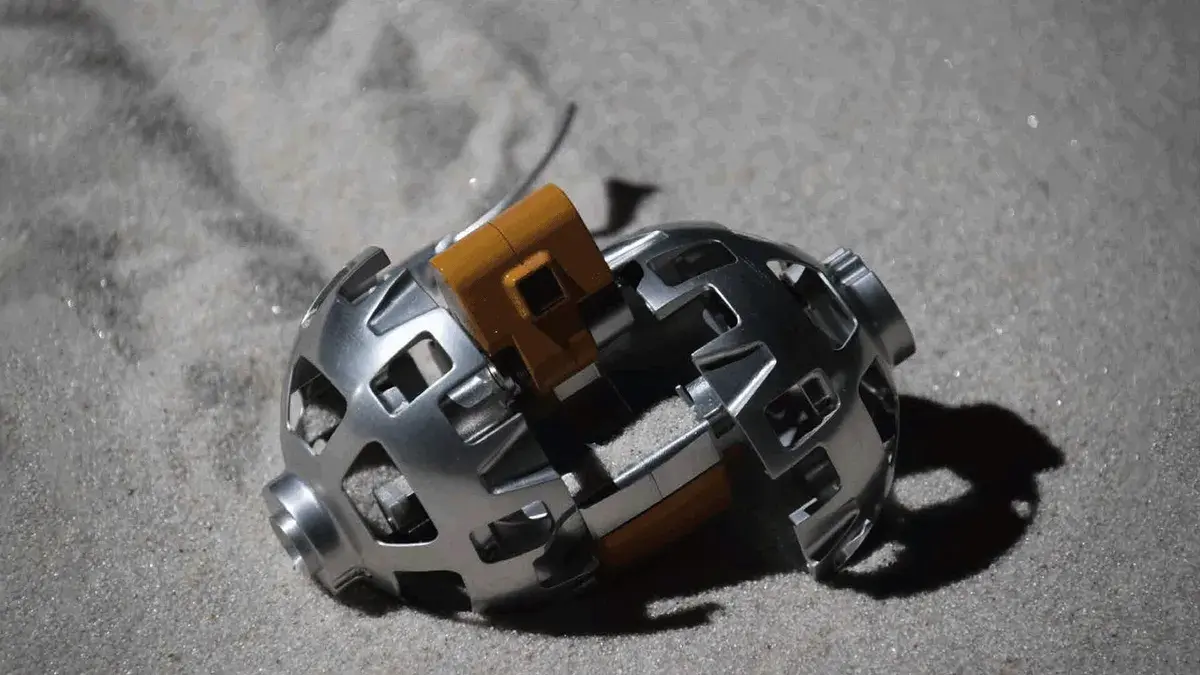Researchers at Monash University have developed a bionic device that can restore vision to the blind through a brain implant.
Researchers foresee that these implants could also treat people with untreatable neurological conditions like paralysis.
The device is called Gennaris bionic vision system. It incorporates a custom headgear, wireless transmitter, vision processor unit, and software and a set of 9×9 millimeter tiles. The processor unit in the device ensures data crunching, whereas tiles are implanted inside the brain that delivers the signals.
The system worked well in preclinical studies and non-human trials on sheep.
Now researchers are planning for a first human clinical trial.
Arthur Lowery, professor at Monash University, said, “Our design creates a visual pattern from combinations of up to 172 spots of light (phosphenes) which provides information for the individual to navigate indoor and outdoor environments, and recognize the presence of people and objects around them,”
Researchers foresee that these implants could also treat people with untreatable neurological conditions like paralysis.
In its early studies, researchers implanted 10 of these arrays in sheep. Researchers say that for a cumulative total of more than 2,700 hours of stimulation, no adverse health effects were observed.







